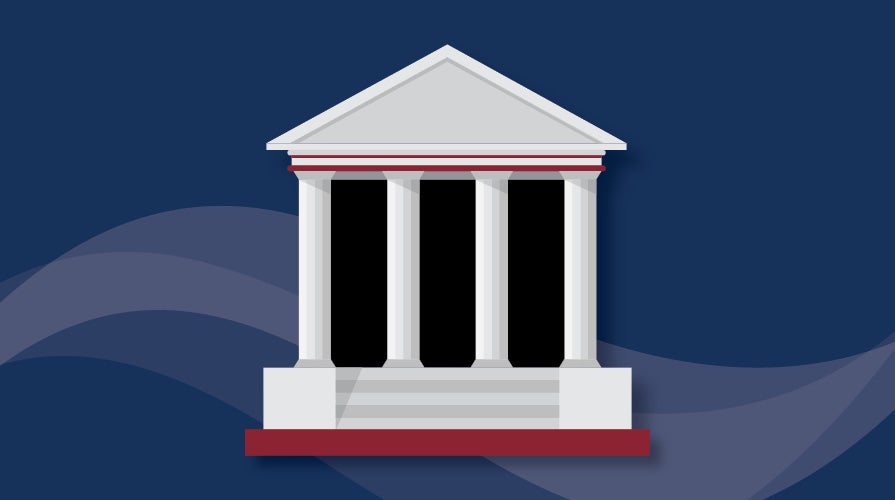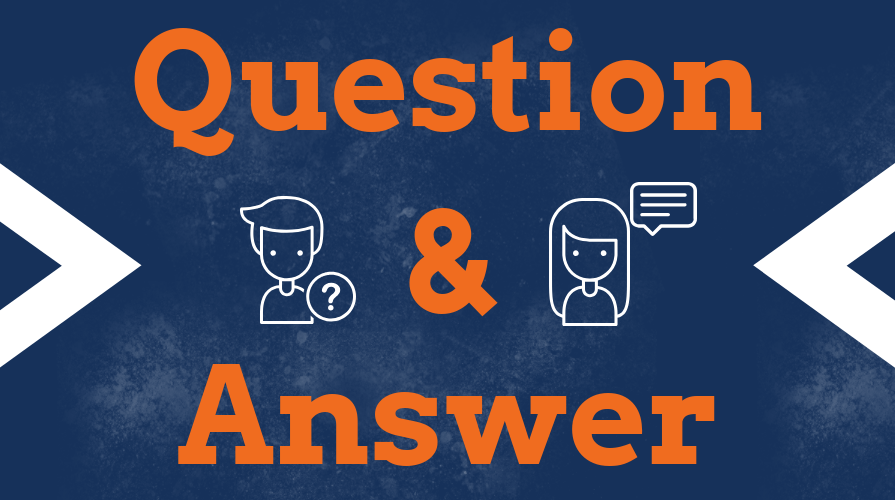Disruptive Behavior or Freedom of Speech?
Reports of school district employee resignations and terminations as a result of offensive race-related social media posts have increased.
These incidents present a challenge to public employers who must determine if the behavior is disruptive and a cause for public distrust or if the behavior is protected under the freedom of speech doctrine. The distinction is extremely important when it comes to educators and other school employees who serve as role models for students. Public employees and educators are held to a high standard because of their degree of public trust. Jeopardizing that trust through disruptive behavior may lead to disciplinary action for non-work-related private expression.
Freedom of Speech
According to Tinker v. Des Moines, students and teachers do not shed their constitutional rights to freedom of speech or expression at the schoolhouse gate. However, speech is not quite as free inside schools as it may be outside of schools. The TASB Legal eSource document Employee Free Speech Rights explains if an employee’s expression is not part of the employee’s job duties but relates to a matter of public concern, a public employer must balance the employee’s right to free speech with the employer’s interest in maintaining the efficiency of its operations. Determining whether an expression is of public concern is determined by the content, form, and context of the statement.
An educator’s freedom of speech is not unlimited, even away from work. If an employee’s personal speech is likely to cause problems in the school setting, the school district may have an interest in censuring the speech. While many times employees are voicing their own points of view outside of the workplace, such speech may reflect on their position as an educator. Most Texas districts address this in the reasons for term contract nonrenewal in Policy DFBB (LOCAL):
An educator may be terminated for good cause, including activity, school connected or otherwise, that, because of publicity given it, or knowledge of it among students, faculty, or the community, impairs or diminishes the employee’s effectiveness in the district.
Recognizing Disruptive Behavior
Whether an employee’s speech is disruptive depends on where they are, what they are saying, or how it is being said. Some speech, like obscenity or hate speech, does not carry the same First Amendment protection as other forms of personal expression, like political speech. If an employee is voicing a political view in a manner that is unlikely to affect school operations, the district may need to overlook even speech that is offensive to some in the community. On the other hand, if an employee expresses a viewpoint that causes members of the public to be concerned that the employee will not act in accordance with the district’s anti-discrimination policies, the district may need to intervene.
Policy DH (LOCAL) and related procedures in the employee handbook identify rules for employee use of social media, including responsibility for the content on social media sites maintained by the employee. Social media communication is subject to the same professional standards as other employee communication.
School district employees must abide by federal and state law, local policy, and the Code of Ethics and Standard Practices for Texas Educators. A social media post on a personal account may result in disciplinary action if the district’s interest outweighs the employee’s interest in the speech. This needs to be explained to educators and other employees to inform their decisions when choosing to express their thoughts and feelings publicly.
Employers have an obligation to promptly apply disciplinary action up to and including termination. Consulting with local counsel is advisable when dealing with freedom of speech issues and working through the termination process to ensure required procedures for Chapter 21 contracts are followed.
Proactive Approach
Organizations and businesses have an opportunity to combat negativity and mistreatment of others and build unity among their workforce in many ways. This includes the release of statements to denounce the unacceptable death of George Floyd and others. Pledges have been made to discuss, self-reflect, and take action to address injustices in our country. These statements can be used to set future employee expectations.
Every employee deserves to work in an inclusive environment that respects and values all individuals. Employers must be proactive and take action to curtail inappropriate behaviors. Through training, organizations can establish what this means to them, set expectations, and identify how inappropriate behavior will be handled. Modeling expected behavior and requiring employees to participate in these activities can lead to organizational improvements.
Creating a support system for students, staff, and the community can provide an avenue for educational institutions to monitor tolerance for others, gain feedback on current circumstances, and evaluate the system for further developments moving forward.
Social media guidelines provide structure for an employee to communicate effectively. Any content shared may have a positive or negative impact on an organization. Guidelines also can identify best practices, including etiquette tips, helpful tools, and links to resources. Employees should be empowered to be an ambassador, and this may be accomplished through appropriate use of social media.
Next Steps
As leaders, we must recognize and act, even if it means calling individuals out on their racist remarks and actions, and hold them accountable for the impact their lack of regard has on students, staff, and community relations. School districts should not tolerate words or actions by its employees that target groups of individuals with intent to harm or cause agony.

Karen Dooley
Karen Dooley joined HR Services in 2016. She specializes in staffing services, HR reviews, and other projects. She provides training and assists school districts with their HR-related needs. Dooley is a seasoned administrator with more than 17 years of HR experience in Central Texas districts as a coordinator, director, and assistant superintendent. She also worked as an assistant principal, counselor, and teacher, and holds a superintendent certificate.
Dooley received her master’s degree from Prairie View A&M University and her bachelor’s degree from Texas State University.
HR Services

Subscribe to HRX
Stay up to date with all the latest HR news and trends by joining the HRX mailing list!




